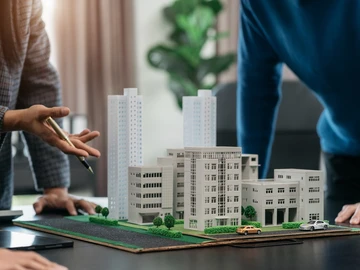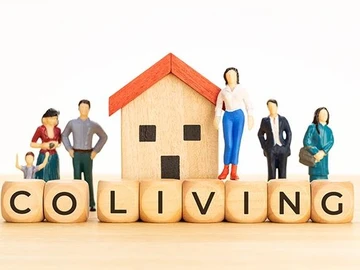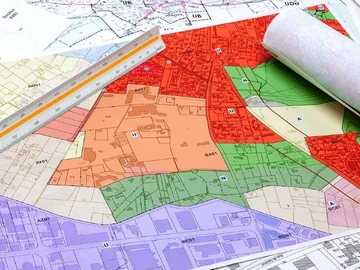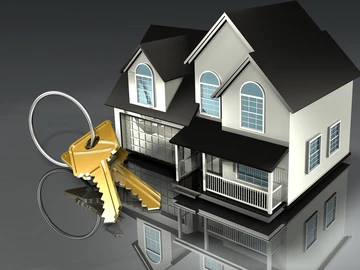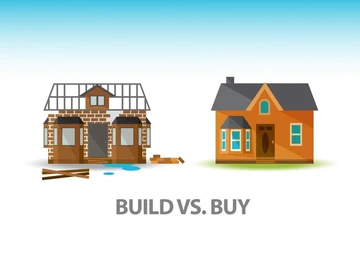Zimbabwe’s property market is evolving rapidly, with new housing estates, cluster homes, and mixed-use developments reshaping cities and towns. For developers, navigating the journey from idea to finished project requires careful planning, compliance, and capital discipline.
According to Zimbabwe National Statistics Agency (ZIMSTAT), housing demand exceeds 1.5 million units nationwide, driven by urbanisation and a growing middle class. Meanwhile, property.co.zw data shows that over 60 new residential developments were listed between 2023 and 2025, especially in areas like Ruwa, Borrowdale West, Gweru, and Victoria Falls.
If you’re looking to build and sell or lease property, this comprehensive guide walks you through the 10 key stages of real estate development in Zimbabwe.
1. Feasibility Study: Does Your Concept Make Financial Sense?
Before you buy land or draw plans, assess:
- Target market demand
- Affordability vs. ROI
- Infrastructure availability (roads, water, power)
Stat: In a 2024 Developer Sentiment Survey by the Real Estate Institute of Zimbabwe (REIZ), 68% of developers who skipped feasibility studies experienced delayed sales or overspent by more than 20%.
Tip: Use property.co.zw to compare nearby listings, demand trends, and pricing insights.
2. Land Acquisition: Secure a Legally Clean Site
Land can be acquired through:
- Direct purchase from private sellers
- Local authorities (e.g., Harare City Council, Zvimba RDC)
- Public auctions or state allocations
- Land without title deeds
- Disputed ownership
- Incomplete subdivision permits
Due diligence checklist:
- Title deed or offer letter
- Land use/zoning certificate
- Development permit history
Stat: In 2023, 1 in 6 property deals failed due to unresolved land ownership issues, according to the Ministry of National Housing.
3. Concept Design & Architectural Planning
Once land is secured, commission:
- Architects and structural engineers
- Quantity surveyors (QS) for cost estimates
- Urban planning consultants for compliance
Popular trends in 2025 include:
- Compact cluster homes
- Mixed-use properties (residential + commercial)
- Solar-ready, green-certified buildings
4. Council Approval & EIA Compliance
All developments require:
- Building Plan Approval from local authority
- Environmental Impact Assessment (EIA) for large-scale or peri-urban projects
Timeline: Council approvals in urban Zimbabwe take 6–12 weeks, while EIA approval from EMA takes 3–6 months, depending on scope.
EMA Zimbabwe reported a 38% increase in EIA applications in 2024 — mainly from housing and mining-linked projects.
5. Financing the Project: Capital Strategy Matters
Financing sources:
- Equity (personal or investor capital)
- Bank project financing
- Off-plan pre-sales (increasingly popular)
Stat: A standard 3-bedroom high-density unit now costs between US$25,000–$35,000 to build, while medium-density cluster homes average US$55,000–$80,000, based on Zimbabwe Builders Council 2024 figures.
6. Procurement and Contractor Selection
Choose reputable contractors with:
- Valid PRAZ registration
- References from prior projects
- Transparent procurement policies
Tip: In 2024, 40% of construction delays reported to ZBCA were due to disputes over unclear contracts or poor workmanship.
Use vetted construction firms listed on property.co.zw under the Developer Services Directory.
7. Site Development & Groundbreaking
Begin with:
- Site clearance and surveying
- Roads, drainage, sewer & water reticulation
- Foundation work
Considerations:
- Borehole drilling for water-scarce areas
- Solar infrastructure for off-grid reliability
- Rainwater harvesting systems
Eco trend: 1 in 3 new developments in Zimbabwe in 2025 are incorporating green building elements (source: Green Building Council of Zimbabwe).
8. Marketing & Off-Plan Sales
Off-plan sales allow developers to:
- Secure early cash flow
- Test market demand
- Reduce reliance on expensive loans
In 2024, 48% of units sold in new residential estates on property.co.zw were off-plan.
Top marketing channels:
- property.co.zw Featured Listings
- Facebook/Instagram Ads
- Roadside signage
- Show house viewings
9. Completion & Handover
At this stage:
- Conduct snag listing
- Apply for the Certificate of Occupancy
- Finalise council inspections
- Handover title deeds or lease agreements
Timeline: A standard 20-unit cluster project typically takes 12–18 months from concept to completion.
10. After-Sales & Property Management
Key tasks:
- Provide warranties or guarantees (common for plumbing, roofing, solar systems)
- Manage communal services (gates, roads, security)
- Work with a homeowners' association if applicable
Long-term value: Properties with managed common areas retain 12–15% higher resale value over five years (source: REIZ 2024).
Conclusion: Building Smart is Building for the Future
Real estate development in Zimbabwe offers high potential returns, but only if done professionally, legally, and with the right partners.
From land acquisition to marketing, each stage affects your ROI, brand, and long-term success. With increasing buyer expectations and evolving regulations, developers who plan well and partner wisely will shape the future of housing in Zimbabwe.
Developer Resources on Property.co.zw
- Land listings with verified documentation
- Featured development promotions
- Registered architects, conveyancers & QS directory
- Off-plan buyer lead generation packages
- Market insights & suburb pricing trends
 Continue with Facebook
Continue with Facebook
 Continue with Email
Continue with Email






